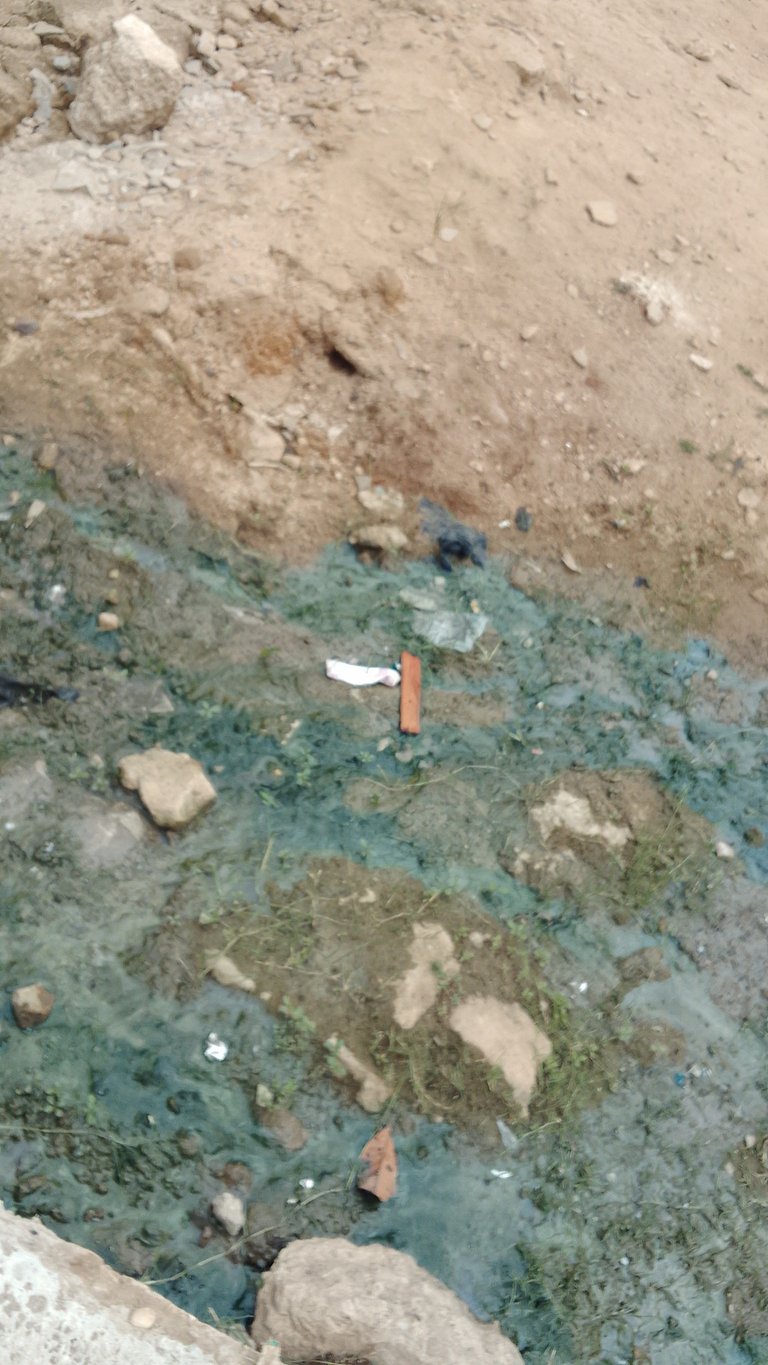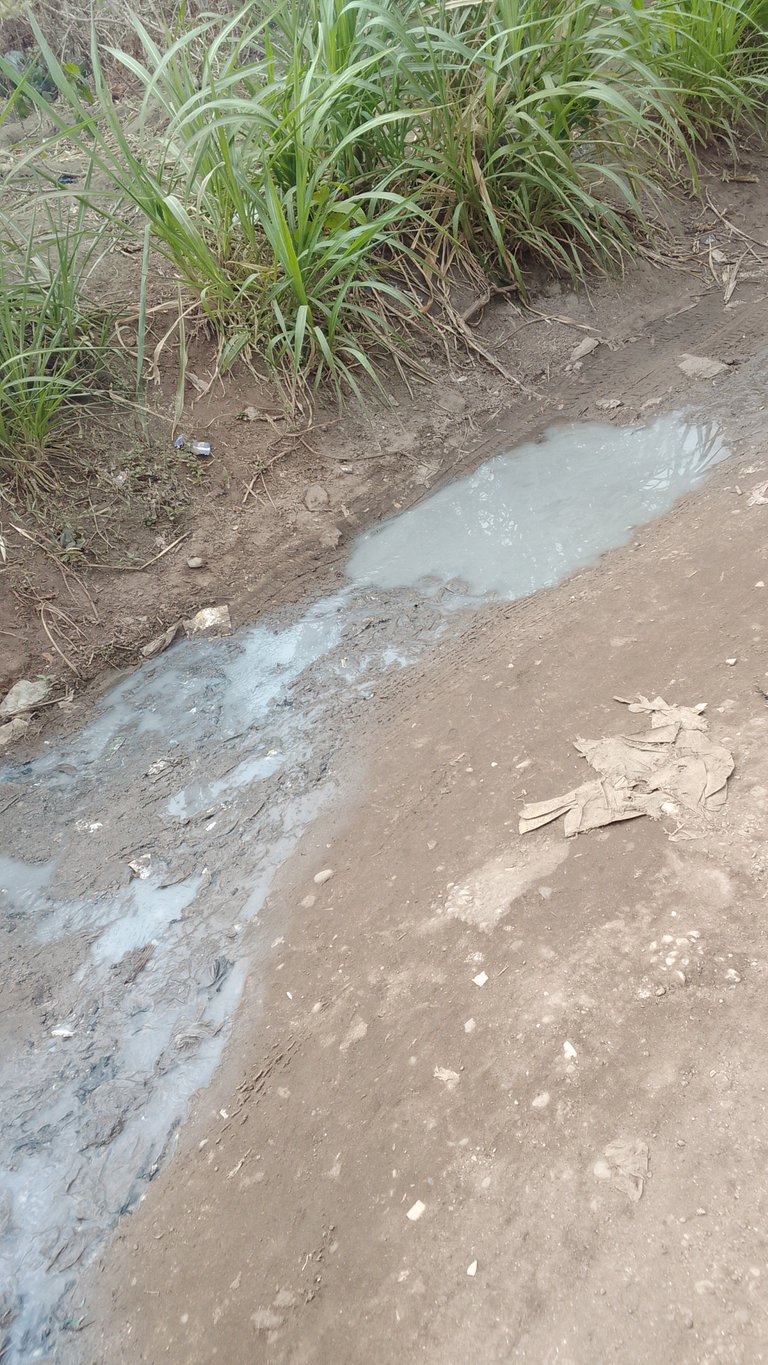

Today, on my way, I came across a place where people were pouring out dirty water from a pipe, making the environment unhealthy and unpleasant. The sight was disturbing because stagnant wastewater does not just create an eyesore—it poses serious health risks to the people living in that area. The smell alone was unbearable, and I could see how the water was spreading across the ground, making the place damp, filthy, and a breeding ground for harmful bacteria and insects.



Many people do not realize how much damage poor wastewater management can cause. When dirty water is carelessly dumped into open spaces, streets, or drainage channels that are not properly maintained, it leads to several environmental and health hazards. Wastewater often contains harmful microorganisms, chemicals, and waste particles that can contaminate the surroundings. Over time, this contamination seeps into the soil and nearby water sources, affecting both humans and animals.
One of the biggest dangers of stagnant dirty water is that it becomes a perfect breeding ground for mosquitoes. Mosquitoes thrive in damp, dirty environments and are responsible for spreading deadly diseases such as malaria, dengue fever, and yellow fever. When a community allows wastewater to accumulate without proper drainage, they unknowingly invite these dangerous insects, putting everyone at risk of sickness.
Apart from mosquito-borne diseases, contaminated water can also lead to bacterial infections. People who come into contact with or accidentally use such polluted water for cooking, washing, or even cleaning may suffer from illnesses such as cholera, typhoid, diarrhea, and skin infections. These diseases spread rapidly, especially in areas where proper hygiene is not maintained. Children, pregnant women, and the elderly are particularly vulnerable because their immune systems may not be strong enough to fight off infections.
Beyond health risks, improper wastewater disposal damages the environment. Dirty water flowing into the streets weakens road surfaces, leading to potholes and erosion. It also affects plants and animals, disrupting the natural ecosystem. When this waste reaches nearby rivers or streams, it pollutes the water, making it unsafe for drinking, farming, and fishing.


But we can still help
To prevent these problems, proper wastewater management is crucial. Here are a few important steps that can be taken:
We can educate people ondangers of improper waste disposal. Awareness campaigns can help communities understand why they should not pour dirty water carelessly
Drains and wastewater channels should be cleaned frequently to prevent blockages and overflow. When these systems are clogged, water gets trapped, causing flooding and pollution.
Families should take responsibility for ensuring that they dispose of wastewater properly. Instead of pouring it into the streets, they should use proper drainage points or treat the water before releasing it.
In some areas, wastewater can be recycled for other uses, such as irrigation or even converted into biofuel. Investing in such sustainable solutions can help communities reduce pollution while benefiting from waste management.
The issue of wastewater disposal should not be ignored. If nothing is done, communities will continue to suffer from avoidable diseases and environmental degradation. Everyone has a role to play in keeping their surroundings clean. Whether it is individuals, families, community leaders, or the government, taking action to ensure proper water disposal will create a healthier and safer environment for all.
We must all work together to keep our environment clean and free from the dangers of pollution. A small change in how we handle wastewater can make a big difference in improving public health and overall quality of life.